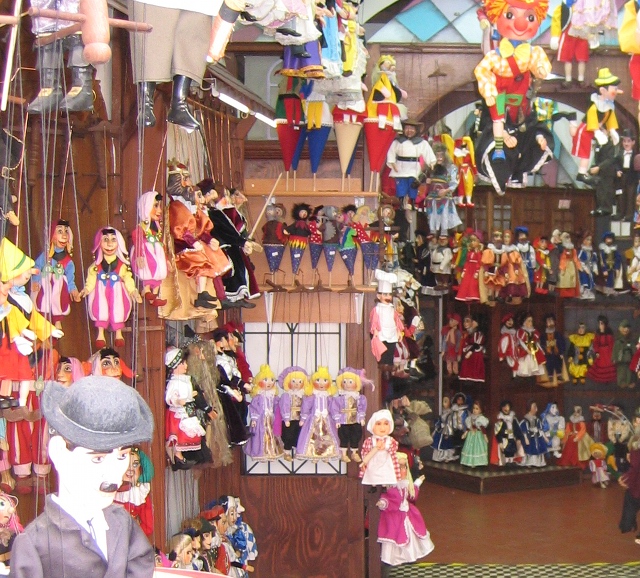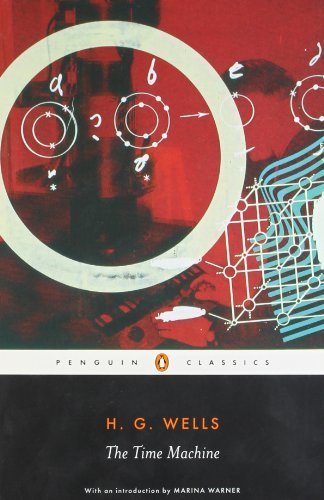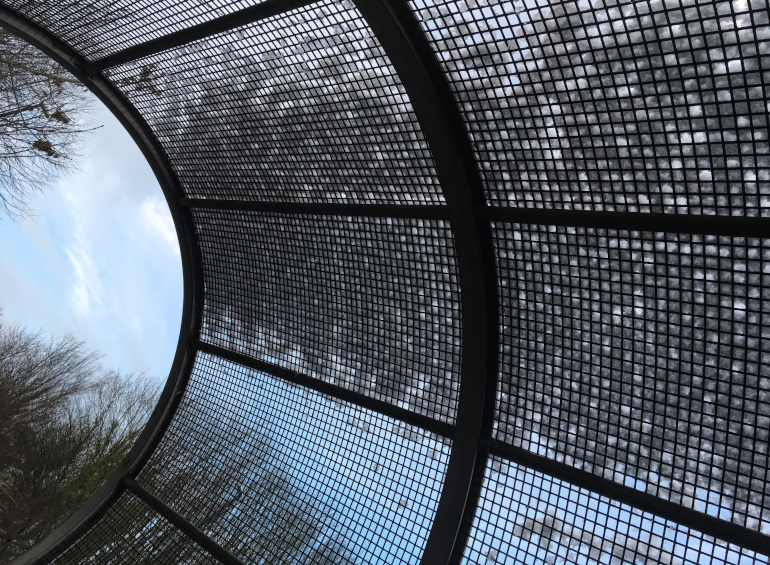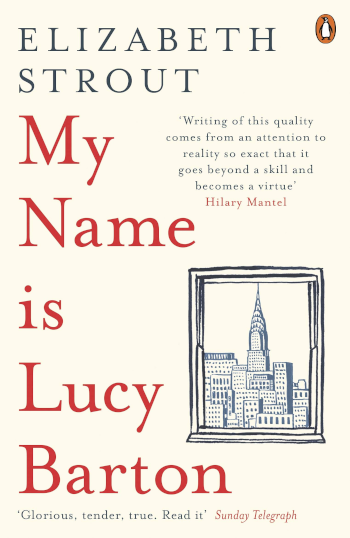 Commonwealth Resounds are seeking an original 45-minute script to engage audiences with the challenges facing the world’s oceans.
Commonwealth Resounds are seeking an original 45-minute script to engage audiences with the challenges facing the world’s oceans.
The deadline for submissions is 15th February 2020.
This open call comes via Commonwealth Writers and aims to connect a writer from the Commonwealth to work in collaboration with the Young People’s Puppet Theatre, the Commonwealth Resounds, the Purcell School for Young Musicians, and the Commonwealth Blue Charter.
The chosen script will be interleaved with original music by exceptional high-school-age musicians, and performed with string marionettes in London and Hertfordshire in September 2020. “The selected writer will develop the script with guidance from professionals experienced in scriptwriting for puppetry.”
The ocean theme should include one or more of the issues currently being tackled by the Commonwealth Blue Charter Action Groups:
- Coral Reef Protection and Restoration
- Mangrove Ecosystems and Livelihoods
- Commonwealth Clean Ocean Alliance (marine plastics)
- Marine Protected Areas
- Ocean Acidification
- Ocean and Climate Change
- Ocean Observation
- Sustainable Aquaculture
- Sustainable Blue Economy
- Sustainable Coastal Fisheries
In the first instance Commonwealth Resounds invites you to provide a summary of your proposed storyline and a description of the characters in the play, within a maximum of 500 words.
This must be submitted by 15th February 2020, and the preferred storyline will be selected by the end of February. The script will need to be completed by the middle of May 2020.
The selected writer will receive £250 on completion of the script, covering the production in September, and a further £250 royalty each time the script is used in a subsequent production. (For clarity royalties are paid per production, not per performance of a production.)
Find full details and links to useful guidelines on scriptwriting here.
Got an event, challenge, competition or call for submissions you’d like to draw attention to? Send me an email at JudyDarley(@)ICloud(dot)com.

 I recently happened across an advert for a beautifully crafted artificial bird, designed to be fixed onto tree branches. It felt a little like a dystopian future where all wildlife is made of metal or glass and skies are populated by fake birds with recorded song piped in. I’ll admit, it gave me a bit of a shudder.
I recently happened across an advert for a beautifully crafted artificial bird, designed to be fixed onto tree branches. It felt a little like a dystopian future where all wildlife is made of metal or glass and skies are populated by fake birds with recorded song piped in. I’ll admit, it gave me a bit of a shudder. My short story Stealing from Windowsills, which I wrote at
My short story Stealing from Windowsills, which I wrote at Writers are often advised to write what they know. Over time this has become prescriptive: write only what you know. If you are a white, middle-aged man, you can write only from the perspective of a white, middle-aged man.
Writers are often advised to write what they know. Over time this has become prescriptive: write only what you know. If you are a white, middle-aged man, you can write only from the perspective of a white, middle-aged man. I love this photo of a shelter covered in snow. It feels like a metaphor for so many things. For one thing, aside from the clumps of snow above, the manmade tunnel leads towards, or away from, beautiful blue skies.
I love this photo of a shelter covered in snow. It feels like a metaphor for so many things. For one thing, aside from the clumps of snow above, the manmade tunnel leads towards, or away from, beautiful blue skies.
 I’m excited to share the news that I’ve been appointed Flash Fiction Editor at
I’m excited to share the news that I’ve been appointed Flash Fiction Editor at  I encountered this shrine in a Thai jungle.
I encountered this shrine in a Thai jungle. I have a stubborn streak that makes me shy from the books that hit mainstream esteem. Part of me wants to seek out the underdogs that will really benefit from the boost of a review. However, My Name Is Lucy Barton is the story of a woman whose childhood placed her squarely in the camp of underdog, with a level of poverty that Elizabeth Strout paints with visceral skill, rendering it utterly relatable without oiling the hinges with sentimentality.
I have a stubborn streak that makes me shy from the books that hit mainstream esteem. Part of me wants to seek out the underdogs that will really benefit from the boost of a review. However, My Name Is Lucy Barton is the story of a woman whose childhood placed her squarely in the camp of underdog, with a level of poverty that Elizabeth Strout paints with visceral skill, rendering it utterly relatable without oiling the hinges with sentimentality.